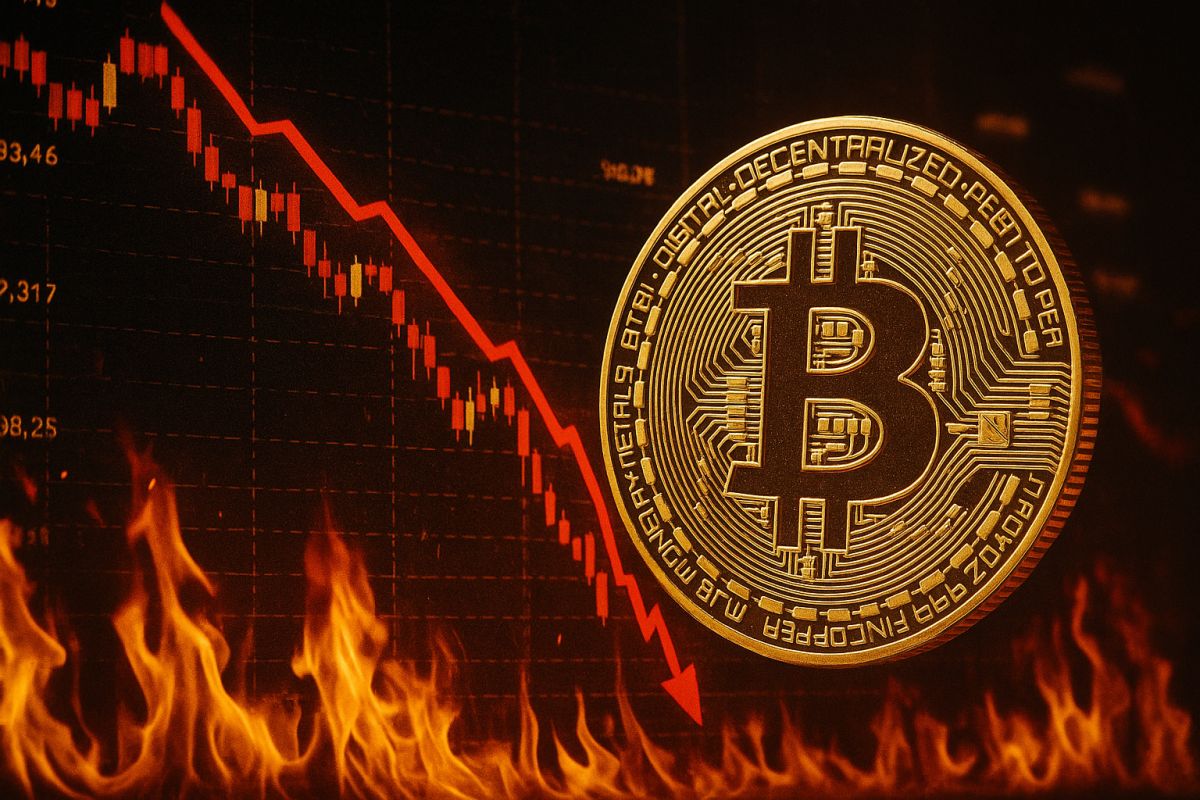Blockchain Opens Up Private Markets as JPMorgan Converts Funds into Tokens
- JPMorgan tokenizes a private-equity fund via its Kinexys blockchain platform, targeting high-net-worth clients and simplifying access to illiquid assets. - The initiative aims to expand tokenization to real estate, hedge funds, and private credit by 2026, unlocking liquidity through 24/7 trading and fractional ownership. - Industry trends show BlackRock, Goldman Sachs, and regulators accelerating blockchain adoption, with the Genius Act providing stablecoin frameworks. - Tokenization streamlines private
JPMorgan Chase has made a notable advancement in alternative asset investment by tokenizing a private-equity fund on its own blockchain system, representing the initial stage of what the bank sees as a wider overhaul of the financial sector. This project, part of the Kinexys Fund Flow platform, is designed for affluent clients and seeks to make it easier to invest in typically illiquid assets such as private equity, hedge funds, and real estate by utilizing blockchain, according to a
Anton Pil, who leads global alternative investment solutions at JPMorgan Asset Management, stressed that blockchain adoption in alternative investments is inevitable. "For the alternative investments industry, it's just a matter of time that a blockchain-based solution is going to be adopted," he told The Wall Street Journal, as referenced in a

This development is in line with larger trends in the industry.
The Kinexys Fund Flow platform digitizes fund ownership using smart contracts, providing real-time tracking of holdings and transactions. For instance, tokenized funds remove uncertainty around capital calls—requests for investors to provide committed funds—by offering a transparent ledger of contributions and obligations, as explained in the StockTwits coverage. The platform’s planned expansion into private credit, real estate, and hedge funds could unlock trillions in liquidity by enabling continuous trading and worldwide access, according to the Coinotag report.
Although the initial phase is aimed at wealthy clients, JPMorgan ultimately intends to make the platform more widely accessible. Pil pointed out that tokenization "simplifies the ecosystem of alternatives and makes it a little easier to access for most investors," potentially narrowing the divide between institutional assets and the retail market, as reported by Markets.com. This vision is echoed by industry experts, who believe that tokenized assets could transform asset management by cutting out intermediaries and increasing transparency, the Coinotag report added.
Nonetheless, there is still caution among critics and regulators. Most banks, including JPMorgan, use private blockchain networks with limited access, which restricts the full decentralization potential of the technology, the StockTwits article observed. Furthermore, regulatory guidance on tokenized assets is still inconsistent, though the Genius Act marks progress toward standardization, the same coverage noted.
As JPMorgan gets ready for the 2026 launch of Kinexys Fund Flow, its move into tokenization highlights a major change in how traditional finance is embracing blockchain. With industry competitors and regulators observing closely, the outcome of this project could set a benchmark for the future of asset management—and demonstrate the broader value of blockchain technology beyond cryptocurrencies, the Coinotag report concluded.
Disclaimer: The content of this article solely reflects the author's opinion and does not represent the platform in any capacity. This article is not intended to serve as a reference for making investment decisions.
You may also like
Bitcoin Breaks ‘Uptober’ Tradition With 5% Drop After a Record Liquidations

XRP News Today: Ripple Connects Conventional Finance and Digital Assets Through Integrated Institutional Brokerage
- Ripple launches Digital Asset Spot Prime Brokerage, enabling U.S. institutions to trade XRP and RLUSD via OTC spot transactions. - The service integrates foreign exchange, derivatives, and digital assets under Ripple Prime, acquired from Hidden Road in 2025. - RLUSD's role as collateral and cross-margin capabilities streamline portfolio management, bridging traditional finance and crypto markets. - Ripple aims to dominate institutional-grade services using XRP Ledger and RLUSD, competing with stablecoins

Bitcoin News Update: U.S.-China Trade Pause Strengthens Relations as Cryptocurrency Markets Remain Stable
- U.S. and China finalize a one-year trade agreement, reducing tariffs and stabilizing rare earth exports to ease tensions and stabilize markets. - Despite the deal, crypto markets remain unmoved as Bitcoin stabilizes near $110,785, with analysts citing pre-priced trade news and increased selling pressure from large holders. - The U.S. Senate advances the Crypto Market Structure Bill, assigning CFTC and SEC oversight to digital assets and updating compliance rules for stablecoins and DeFi. - China and Sout
Micron's Withdrawal from China's Server Market Signals a Larger Tech Movement Toward AI and More Profitable Industries
- Micron halts server chip sales to China's data centers amid 2023 Beijing ban, shifting focus to global clients and high-margin sectors like automotive and AI. - Strategic pivot reflects broader U.S. tech challenges in China's regulatory environment, with SAS and IBM also scaling back operations due to geopolitical tensions. - Micron advances 1-gamma DRAM and 192GB AI modules, leveraging technological edge to compete in AI-driven markets despite China exit. - Industry shifts toward AI Supercycle and local
